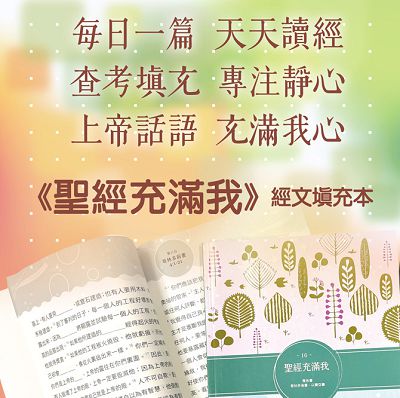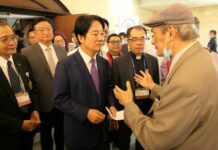PCT calls for judicial reform to get rid of “Crocodile Judges”
Reported by Chiou Kuo-rong, Sam Lee
Written by Lydia Ma
To appease the Taiwanese general public, the ruling KMT government has reluctantly agreed to start a series of reforms to revamp judicial laws that have never been examined or altered for more than 2 decades. Upon submitting a proposal to the Legislative Yuan, the latter gave the new legislation a first reading on January 5, 2011.
Upon learning the bill had passed its first reading in the legislature, Alliance of Judges and Prosecutors reported it vehemently disagreed with the content of the new bill. It claimed that the bill was ludicrous and simply drafted to appease or fool the public.
In recent months, Taiwanese people have lashed out against the ethics of judicial officials, including the attitude of judges and the quality of their rulings, with many people using terms such as “dinosaur judges” to air their disgruntlement.
In response to the outcome of the first reading, Alliance of Judges and Prosecutors issued a statement on January 11, 2011, calling for 6 reforms, including: 1-Establish an annual overall evaluation of judges, 2-Release this evaluation to the public, 3-Create an impartial and autonomous evaluation foundation, 4-Create a means for victims of judicial abuse to file complaints, 5-End the existing judicial examination system, 6-Provide a reasonable guarantee and compensation package for judges.
Commenting on “dinosaur judges”, PCT Church Law Committee Chairman Li Sheng-hsiung said that judicial reform is indeed necessary and the country must train judges to be more honest and create a fair system where good, honest, and impartial judges are selected.
Li cited countries such as Japan and the United States as examples of governments that invest a lot of time and resources in training their own judges, and contrasted these with Taiwan, which relies heavily on test scores and seniority to determine who is appointed as judge. He added that judges in Japan and United States are consequently more mature and experienced than their Taiwanese counterparts.
Li also remarked that judges in Taiwan are too easily intimidated or manipulated by politicians and the media, prompting some judges to pre-determine verdicts before trials begin and others to be biased against DPP and in favor of KMT.






